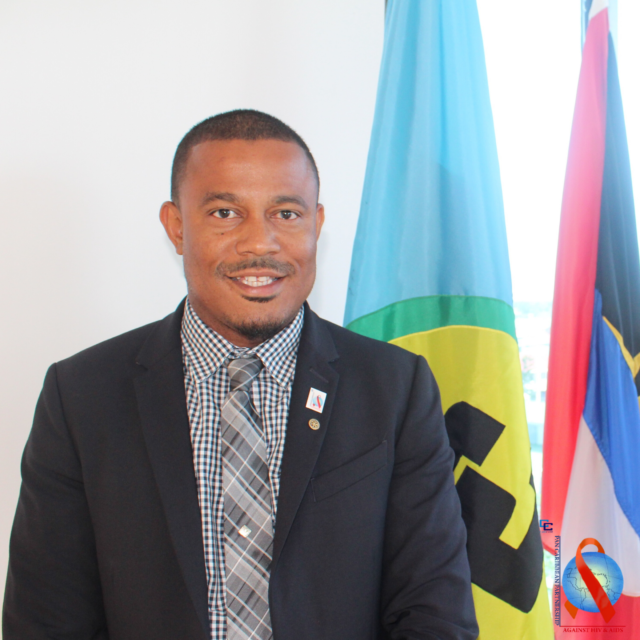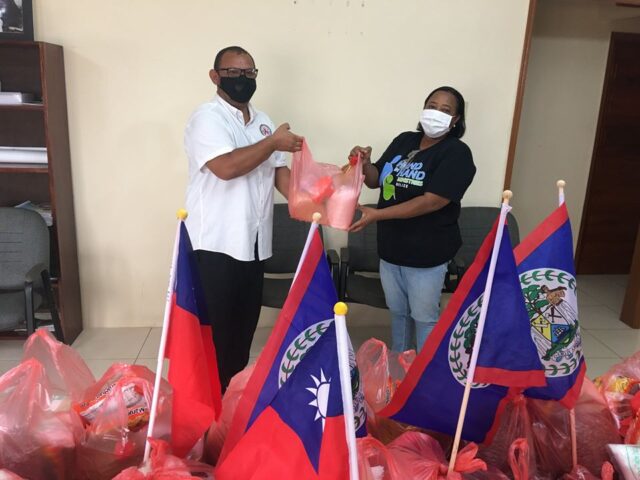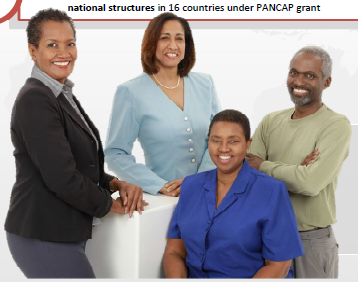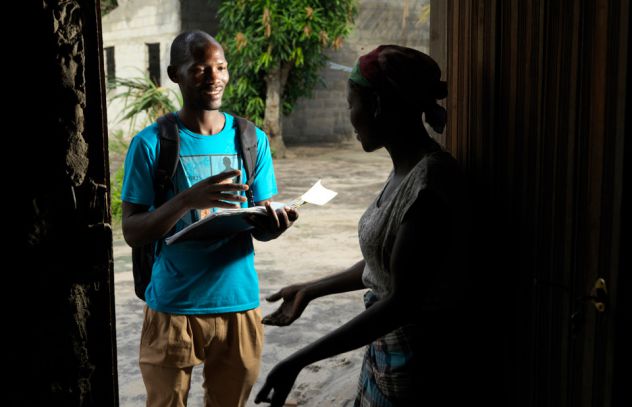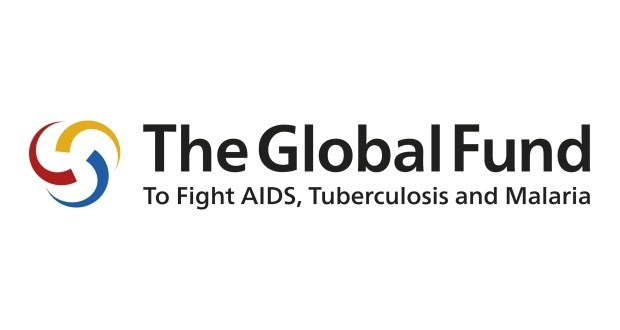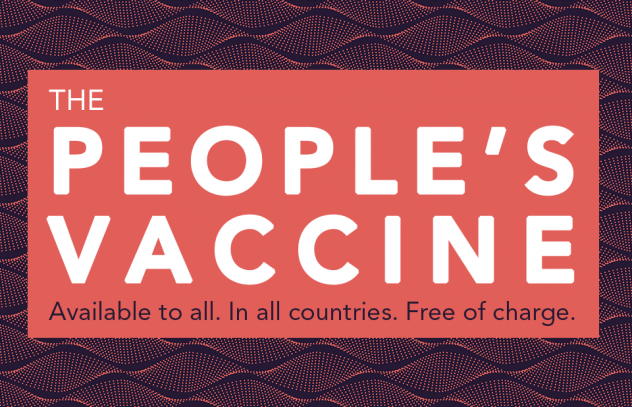HIV in the Caribbean Regional Health Security Agenda
The COVID-19 pandemic has underscored the importance for the region to focus on and to strengthen Regional Health Security. Health security is not a new topic but has recently taken on a new urgency for policymakers and public health specialists.
The emergence of communicable diseases in the region such as Zika, Chikungunya and now COVID-19, along with natural disasters especially hurricanes and the potential future challenges from Climate Change are all examples of why a Regional Health Security framework is needed to ensure that the region can prepare and mitigate against the impact of these threats.
Regional Health Security consists of the activities required, both proactive and reactive, to minimise the danger and impact of acute public health events that endanger people’s health across the region and international boundaries. It must be noted that Regional Health Security is not only a public health issue but requires multisectoral support, collaboration and action.
HIV continues to be a global public health threat
As the region’s focus is turned towards containing COVID-19, let us remember that HIV continues to be a major global public health issue, having claimed more than 32 million lives so far. The Caribbean has the highest incidence rate of reported AIDS cases in the Americas. The Caribbean is the second most-affected region in the world after Africa, with an HIV prevalence of 1.6%.
Many challenges continue to complicate HIV control efforts in the Caribbean. Many People Living with HIV or at risk for HIV infection do not have access to prevention, treatment, and care, and there is still no cure. HIV primarily affects those in their most productive years, and it not only affects the health of individuals, but also impacts households, communities, and the development and economic growth of nations.
“We must not lose the gains made in the HIV response”
The region is already faced with severe challenges due to other infectious diseases, natural disasters, and additional global health and development problems. However, if we are to ensure that the region is safe and secure, HIV must be part of the health security agenda. The regional HIV response must be scaled up. It must provide the highest level of commitment to ensure that costed, inclusive, sustainable, credible and evidence-based national HIV and AIDS plans are funded and implemented with transparency, accountability and effectiveness to safeguard the sustainability of the national response.
The HIV epidemic in the region is far from over. We cannot ignore HIV or otherwise, we can regress and lose control of the epidemic and the gains made over the years.

